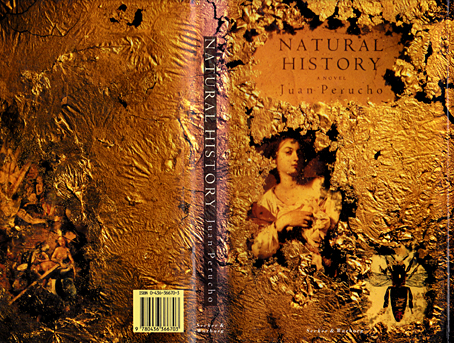
Secker & Warburg, 1989.
Most people will know Dennis Leigh—if they know him at all—as John Foxx, the name that Leigh adopted in the 1970s when he was the lead singer and songwriter in Ultravox! (That exclamation mark was a fixture for the group’s first two albums.) Foxx and Leigh maintained parallel careers for a while, or alternating careers in the 1990s when he was working more as an illustrator than as a musical artist.
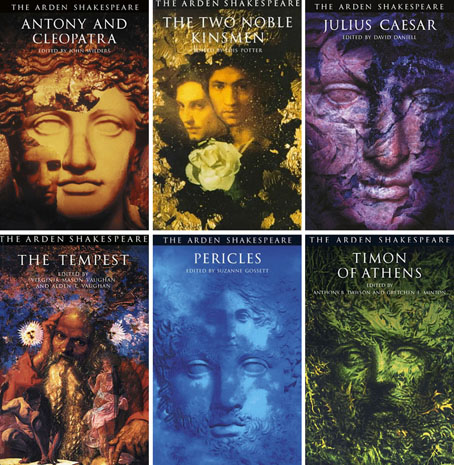
Routledge/Thomson Learning.
I’ve been asked a few times to consider writing about artists or designers who create covers for literary titles. This is something I often consider myself but the research is never easy. If you’re looking for genre titles you can go to isfdb.org and immediately find entries for hundreds of artists with lists of their credits; Dennis Leigh has an entry there himself. There’s no equivalent source for literary fiction, and nothing for crime novels or non-fiction either. This post is based on a list compiled by a correspondent (thanks, Marc!) to which I added a couple of discoveries of my own. It’s not complete but it ranges through Leigh’s career as a cover artist from the 1970s to the 2000s.
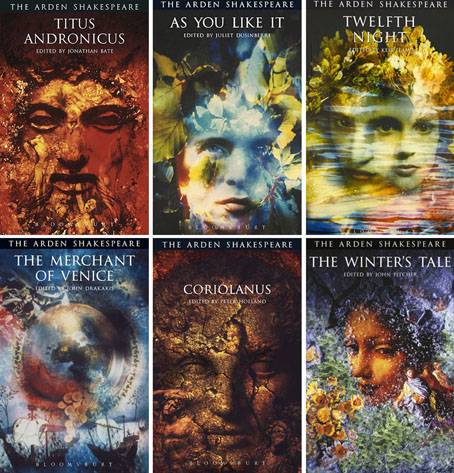
Bloomsbury.
One of the useful things about Dennis Leigh having a more popular alter ego is the amount of interviews in which John Foxx discusses his work outside the music business. While researching this post I found a Smash Hits interview where Foxx mentions having attended Blackpool art college for a short time. This was the same art college that my mother attended in the 1950s, and a place I happily avoided myself. The college is so undistinguished I think Foxx/Leigh may be the only person of any note to have passed through its doors. A more recent interview for Shakespeare Magazine features some discussion of the techniques behind the book covers.
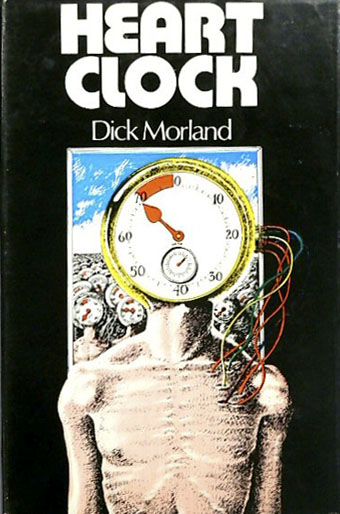
Faber, 1973. Reginald Hill wrote two science-fiction novels as “Dick Morland”, this one and Albion! Albion! (1974). The latter is also listed as having a Leigh cover but the evidence for this is unclear so I’ve not included it.
Missing from this list are covers for novels by Neil Bartlett, Michael Cunningham, Evan Eisenberg, Eva Figes, and Marina Warner, all of which are only available as very low-grade images or not available at all. Another hazard when researching these posts is that artists and designers aren’t always credited, especially on paperbacks, so there may be a few more to be found. Be aware that some covers that might look like Dennis Leigh creations may be the work of somebody else. In the late 80s/early 90s there was a trend for Photoshop montage and what I call “artschool assemblage” (collage riffs on Joseph Cornell and others). If any of the examples here are erroneous attributions let me know.
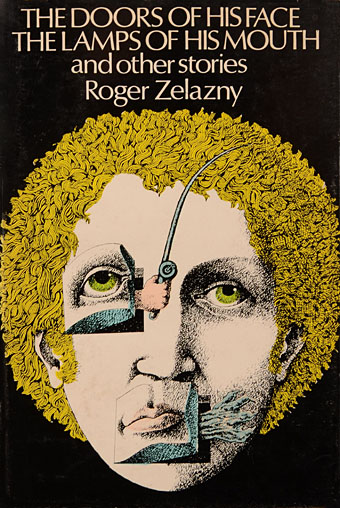
Faber, 1973.
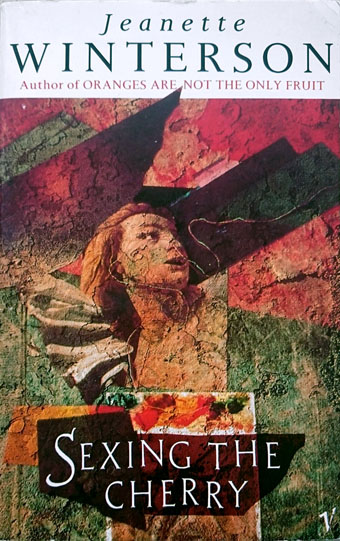
Vintage, 1990.
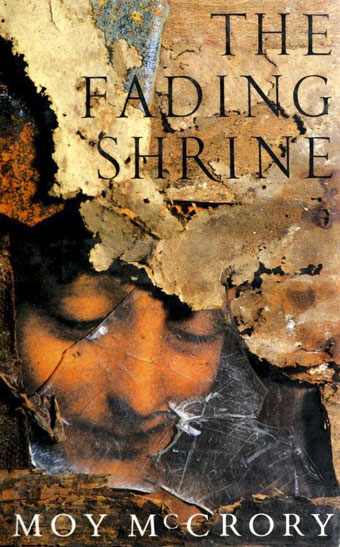
Flamingo, 1991.
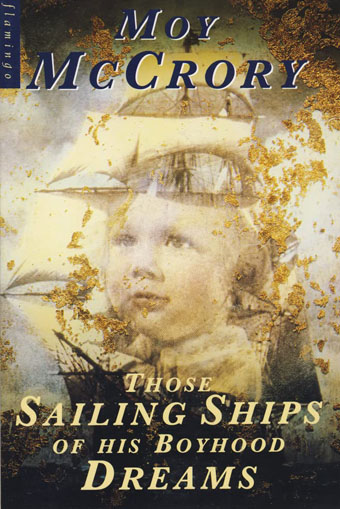
Flamingo, 1991.

Vintage, 1992.
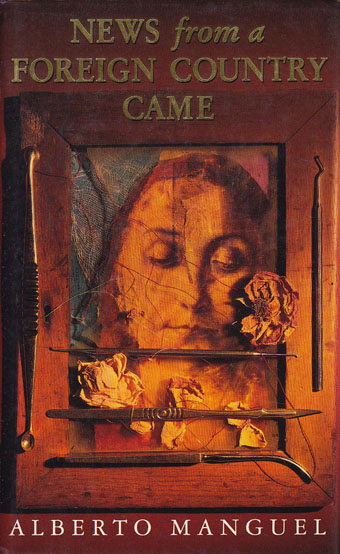
Flamingo, 1992.
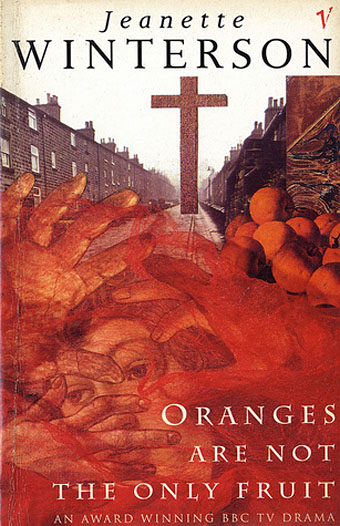
Vintage, 1992.
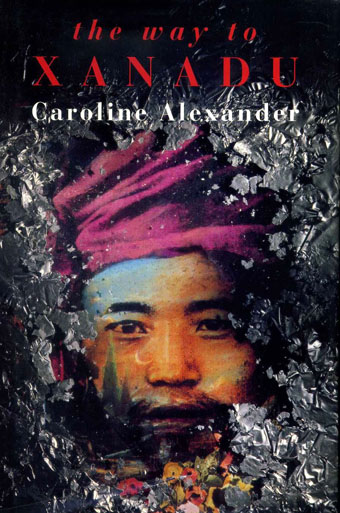
Weidenfeld & Nicolson, 1993.
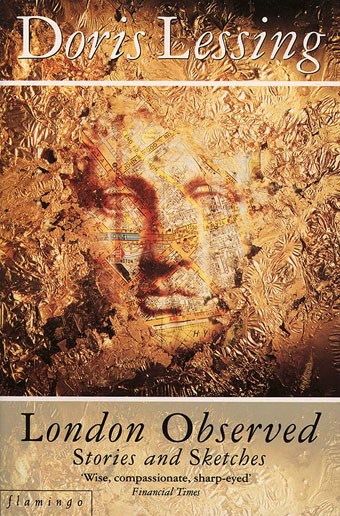
Flamingo, 1993.

Sinclair-Stevenson, 1993.
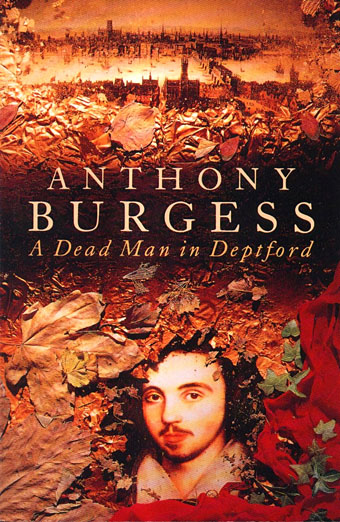
Vintage, 1994.
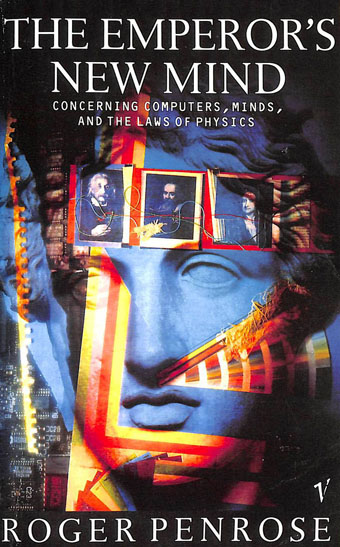
Vintage, 1994.
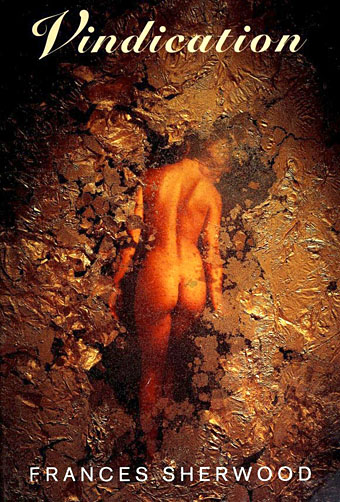
Phoenix, 1994.
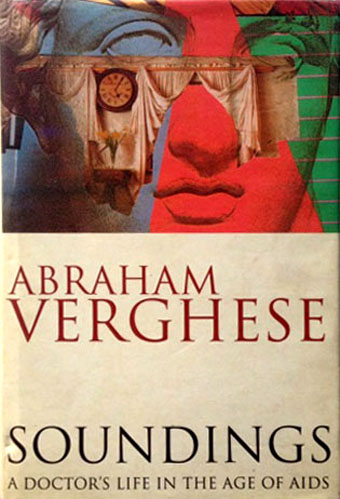
Orion, 1994.

Bullfinch, 1995.
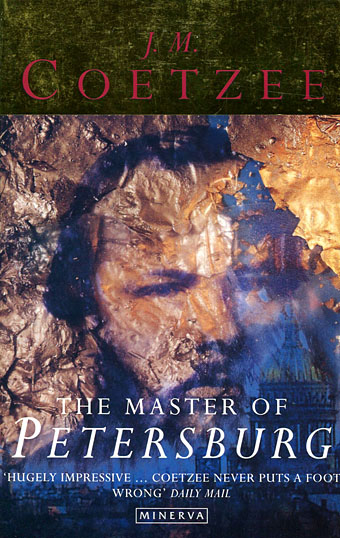
Minerva, 1995.
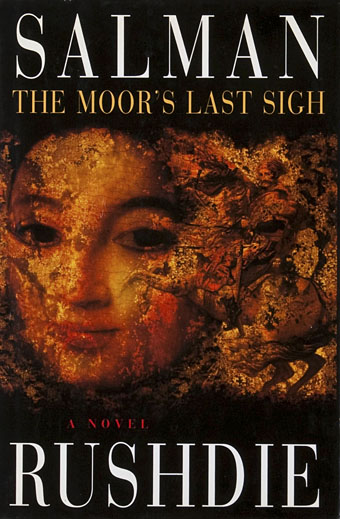
Pantheon, 1996.

Instar Libri, 1998.
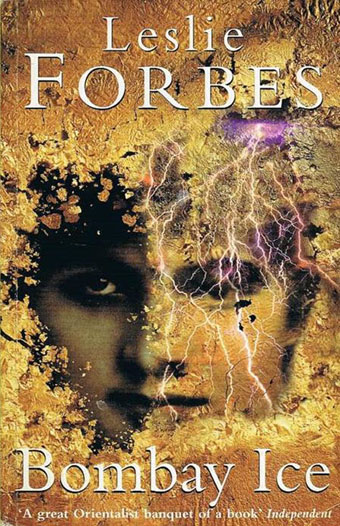
Phoenix House, 1998.
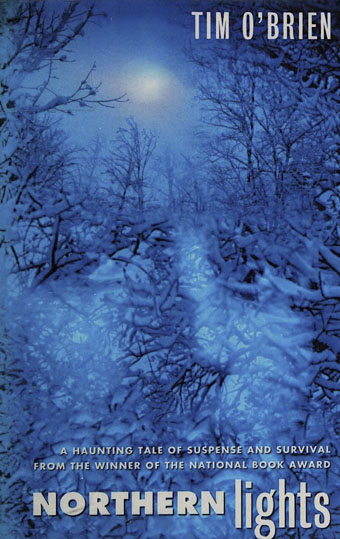
Harper Perennial, 1999.
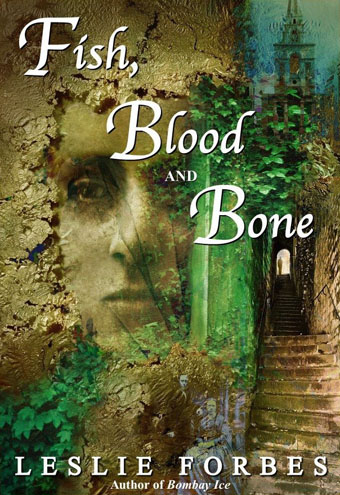
Phoenix House 2000.
Elsewhere on { feuilleton }
• The book covers archive
Previously on { feuilleton }
• Holly Warburton record covers

Very good review of these covers. Some really work quite well; a couple seem a bit derivative. He did rely on the Classical portrait bust as a “go to” design! The Cornell riff leapt right out at me after reading your analysis, ha ha.
This one was made easier because Foxx fans had done most of the work in tracking down the titles, if not the covers themselves.
Those sculpted faces may be taken as a personal obsession of his. They turn up on many of his albums (eg: https://www.discogs.com/release/583577-John-Foxx-Cathedral-Oceans-I-Cathedral-Oceans-II/images) and in recent years he’s been making similar sculptures of his own.
I believe that Ian Anderson, lopsided flautist and lead singer of Jethro Tull, also went to Blackpool College of Art, so there are at least two famous alumni. Not sure if that redeems the place, though…
Thanks, I didn’t know that but it makes sense since he was one of the more famous former pupils from my school which was still Blackpool Grammar when I arrived there. (It changed its name shortly after when the 11-plus was abolished.) I’ve never been remotely interested in Jethro Tull despite the connection.